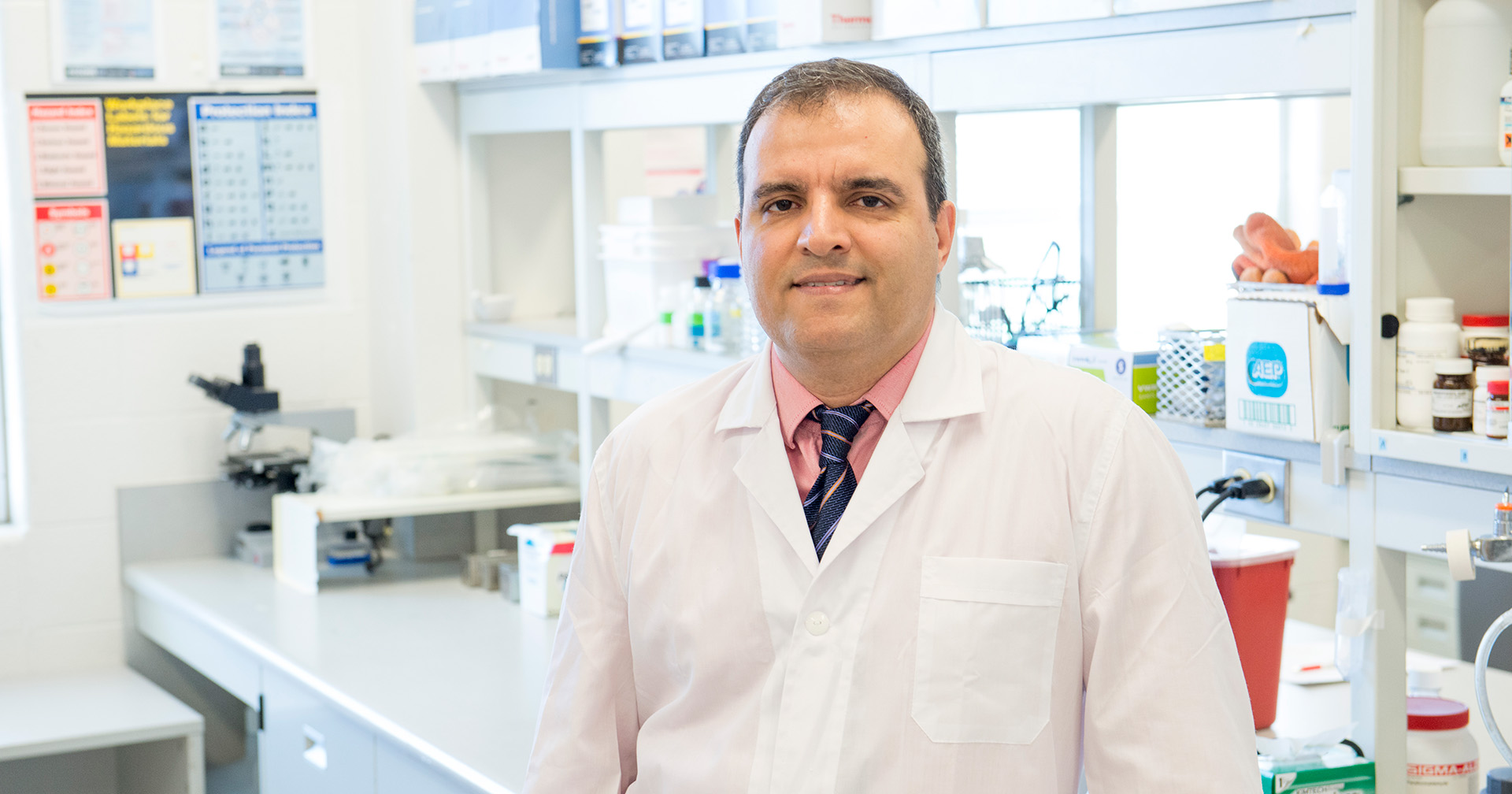Science
Western Researchers Secure Over $15M for Groundbreaking Health Studies

Research initiatives aimed at advancing healthcare have received a significant boost, with over $15 million in federal funding awarded to 18 projects at Western University. The funding, provided by the Canadian Institutes of Health Research (CIHR), will support innovative studies focused on tackling bladder cancer, improving asthma treatments, and enhancing pandemic preparedness, among other critical health issues.
A diverse group of more than 20 principal investigators from the Schulich School of Medicine & Dentistry, the Faculty of Health Sciences, and the Faculty of Social Science will benefit from this funding. The CIHR project grants are designed to encourage bold ideas in health research across Canada.
In the Faculty of Health Sciences, two notable projects were funded. Professor Obidimma Ezezika is leading a team that aims to bolster vaccine preparedness in Africa, while Professor Anita Kothari is focused on enhancing integrated knowledge translation for evidence-informed healthcare.
A significant portion of the funding supports research in the Schulich School of Medicine & Dentistry. Among the awarded projects is an innovative study in cancer immunology led by Professor Mansour Haeryfar. His research explores the role of a unique group of immune cells, known as MAIT cells, in fighting bladder cancer.
New Approaches to Bladder Cancer Treatment
Under Haeryfar’s guidance, the research team has discovered that MAIT cells, which are concentrated in the bladder lining, can detect and respond to bacterial threats. This finding opens the door to using these immune cells to target cancer more effectively. With the new CIHR funding, the team plans to investigate how bacterial products can activate MAIT cells, potentially leading to groundbreaking immunotherapy options.
“Our goal is to design novel therapies for bladder cancer, to test their efficacy in preclinical models, and to ultimately translate our findings from the benchtop to the bedside,” stated Haeryfar. Notably, the application of this approach could have universal benefits, as MAIT cells are activated through a molecule called MR1, which is consistent across all humans.
Investigating Asthma Treatments
Another key project receiving funding is led by Professor Grace Parraga, who is conducting a world-first study on severe asthma. This pan-Canadian study aims to determine whether biologic therapies, which have revolutionized asthma treatment, can also reverse long-term airway damage that contributes to the condition.
The research combines advanced imaging techniques, tissue analysis, and clinical data to assess the impact of these therapies. Parraga’s previous single-centre study indicated that 40 percent of patients in clinical remission showed complete recovery of airway function, a promising sign that biologics might do more than just alleviate symptoms.
“We know these patients feel better, but the bigger question is, are we actually resetting the disease?” Parraga remarked. If the study confirms that biologics repair airway function, it could redefine success in asthma treatment and pave the way for potential cures.
The CIHR project grants highlight the ongoing commitment to health research in Canada, showcasing the innovative work being done at Western University. Other funded projects span various fields, including mental health, cancer research, and the impact of community-based interventions on chronic diseases.
The funding awarded not only supports individual researchers but also underscores the importance of collaboration across disciplines to address complex health challenges. As these projects progress, they hold the potential to significantly improve health outcomes for patients both in Canada and around the world.
-

 World3 months ago
World3 months agoScientists Unearth Ancient Antarctic Ice to Unlock Climate Secrets
-

 Entertainment3 months ago
Entertainment3 months agoTrump and McCormick to Announce $70 Billion Energy Investments
-

 Lifestyle3 months ago
Lifestyle3 months agoTransLink Launches Food Truck Program to Boost Revenue in Vancouver
-

 Science3 months ago
Science3 months agoFour Astronauts Return to Earth After International Space Station Mission
-

 Technology2 months ago
Technology2 months agoApple Notes Enhances Functionality with Markdown Support in macOS 26
-

 Top Stories1 week ago
Top Stories1 week agoUrgent Update: Fatal Crash on Highway 99 Claims Life of Pitt Meadows Man
-

 Sports3 months ago
Sports3 months agoSearch Underway for Missing Hunter Amid Hokkaido Bear Emergency
-

 Politics2 months ago
Politics2 months agoUkrainian Tennis Star Elina Svitolina Faces Death Threats Online
-

 Technology3 months ago
Technology3 months agoFrosthaven Launches Early Access on July 31, 2025
-

 Politics3 months ago
Politics3 months agoCarney Engages First Nations Leaders at Development Law Summit
-

 Entertainment3 months ago
Entertainment3 months agoCalgary Theatre Troupe Revives Magic at Winnipeg Fringe Festival
-

 Politics1 week ago
Politics1 week agoShutdown Reflects Democratic Struggles Amid Economic Concerns




















